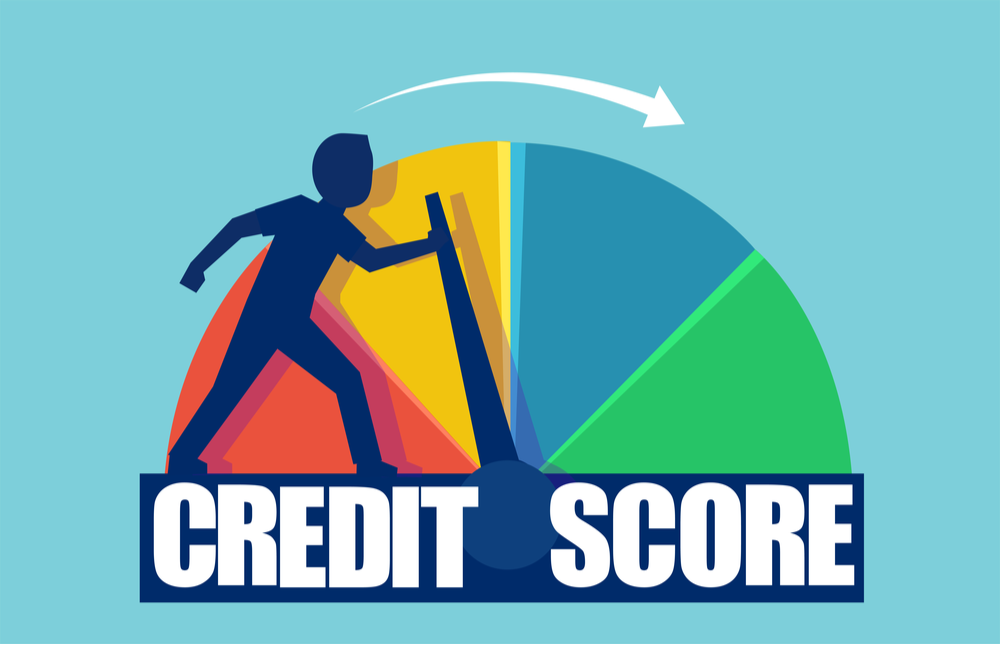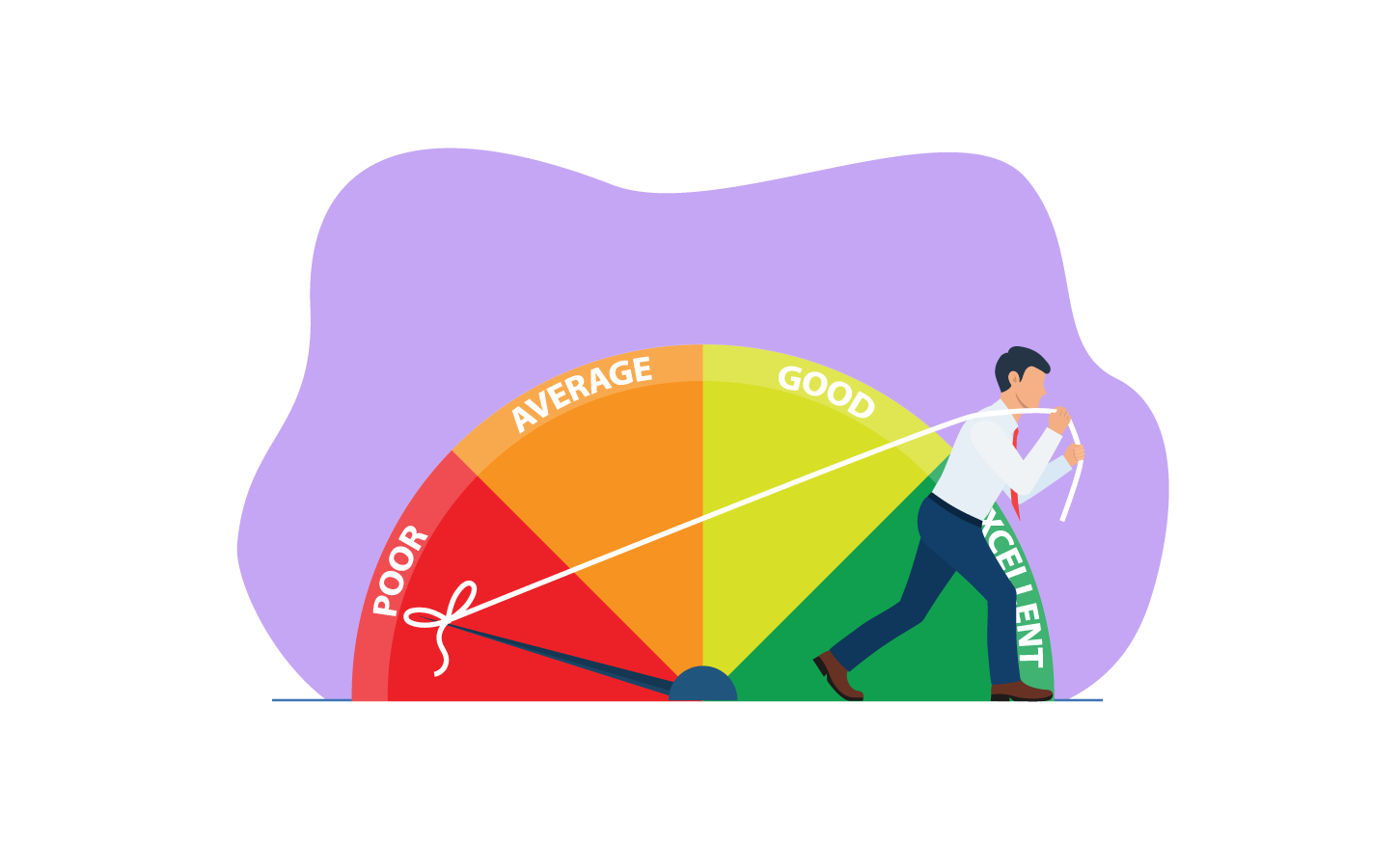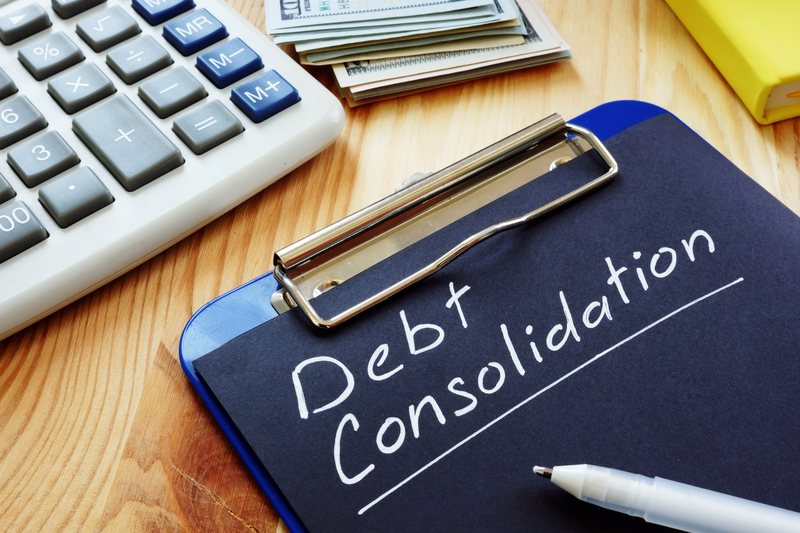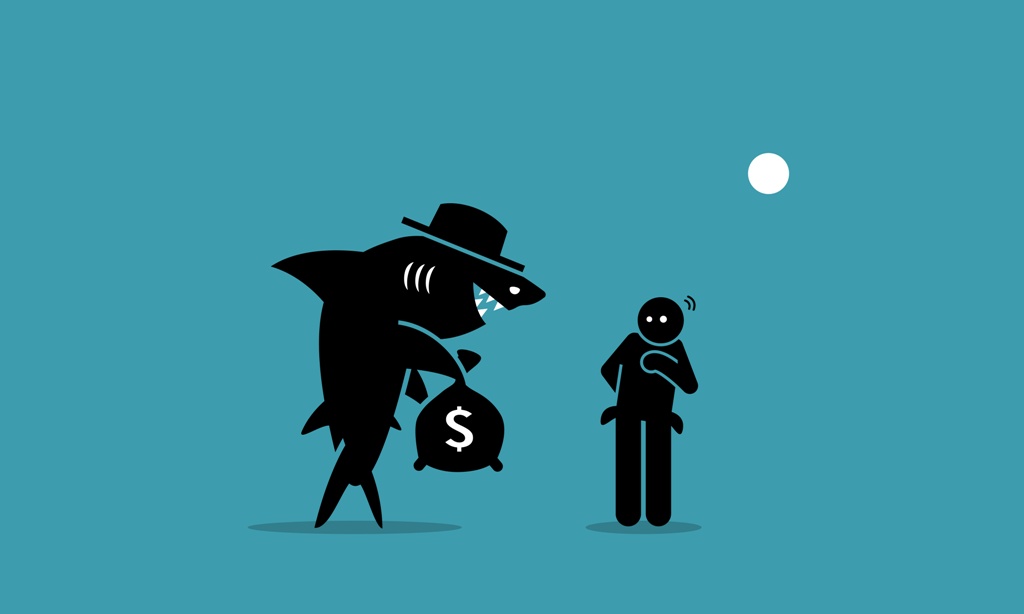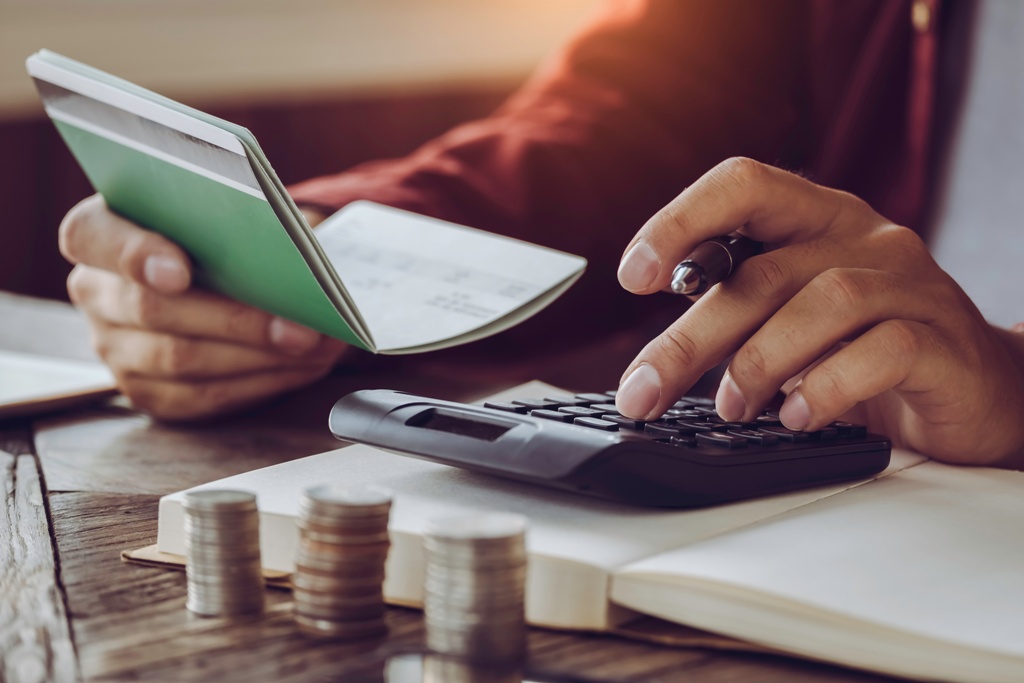If you are thinking of taking out a loan, you’re at a stage reached by most people in Singapore at some point in their lives. Whether it’s to buy a first car or home, earn that dream university degree or cope with the cost of an unexpected emergency, borrowing money is often necessary to make those life-defining purchases and maintain financial stability.
But before you begin making applications, your credit score is an important factor to consider. Your credit score is a four-digit number between 1000 and 2000 generated by the Credit Bureau of Singapore (CBS) to help lenders assess how likely you are to repay your loan. Depending on your score, you’ll be given a credit rating beginning at AA (best), BB and CC and so on through to HH (worst).
First, let’s cover the basics.
How is my credit score calculated?
CBS relies on an algorithm which takes a range of factors into account to calculate your credit score:
Utilisation pattern
- How much of your credit limit you use (i.e. whether you are restrained with spending or regularly max out your credit card)
Recent credit
- Any abnormal changes in the amount you borrow (i.e. if you have suddenly opened numerous new credit streams)
Account delinquency data
- Whether you have been late on any past loan repayments
Credit account history
- The extent of your credit history (long-established is more favourable than limited or non-existent)
- Account repayment conduct from past 12 months
Available credit
- The number of credit accounts available to you
Enquiry activity
- Any unusual spikes in applications for credit
In short, a good credit score is earned by making repayments on time, avoiding excessive applications for new loans, keeping open lines of credit to a minimum and never defaulting on debt. On the other hand, your credit score will fall if you are late on repayments, suddenly apply for or open numerous lines of credit at once, or default on any debts.
Why is my credit score important?
A bad credit score can have dire consequences for those hoping to take out a loan in Singapore. Banks and financial institutions won’t necessarily raise the interest rate for those with a low score, but will generally lower the amount offered or simply deem you ineligible to apply.
A bad credit score can have serious ramifications. For example, given loans are often the only option for major purchases like a first home, letting your credit score fall and stay low may prevent you from ever owning a property. It’s also not unheard of for employers in the legal and financial sectors to run a credit check on new hires.
This brings us to the big question.
Can I improve my credit history by taking out a new personal loan?
The idea that you would improve your credit history with more debt seems absurd, but, depending on your individual circumstances, it can be a viable way to establish a positive track record and improve your score.
Above, we touched on the fact that part of the calculation of your score comes from your last 12 months of repayment history on a rolling basis. This means you can replace a year of poor credit history with a partially clean slate, noting some important exceptions: any previous defaults on debt are permanently visible, and other factors listed above will still be taken into account in addition to your account repayment conduct. It’s also important to remember that removing all debt isn’t necessarily enough – while it’s helpful to reset and stop debts from snowballing, it won’t fully prove to lenders that you are a low-risk borrower.
With that considered, taking out an affordable new personal loan can help you establish a new credit history that shows you are able to make repayments on time. If you can borrow a small amount with repayment terms well within your means (and stay disciplined with your finances) you can use it to start building evidence of responsible borrowing. Sticking to this practice for 12 months or more will inevitably improve your account repayment conduct and therefore your credit score. Keep in mind this is a long-term process – the lower your score, the longer it will take to climb.
What else can I do to improve my credit score?
There are other ways to push your credit rating back into higher brackets in Singapore. These include:
- Pay all bills, outstanding loans and credit cards on time
- Avoid opening (or even applying for) excessive credit
- Never default on debt
- If at risk of defaulting, seek credit counselling and request debt restructuring (or debt consolidation)
About the Author

Led by a team with invaluable expertise across Singapore’s licensed moneylending, banking, and finance industries, CompareSing provides users with a streamlined yet informative experience at every step of their loan journey.


